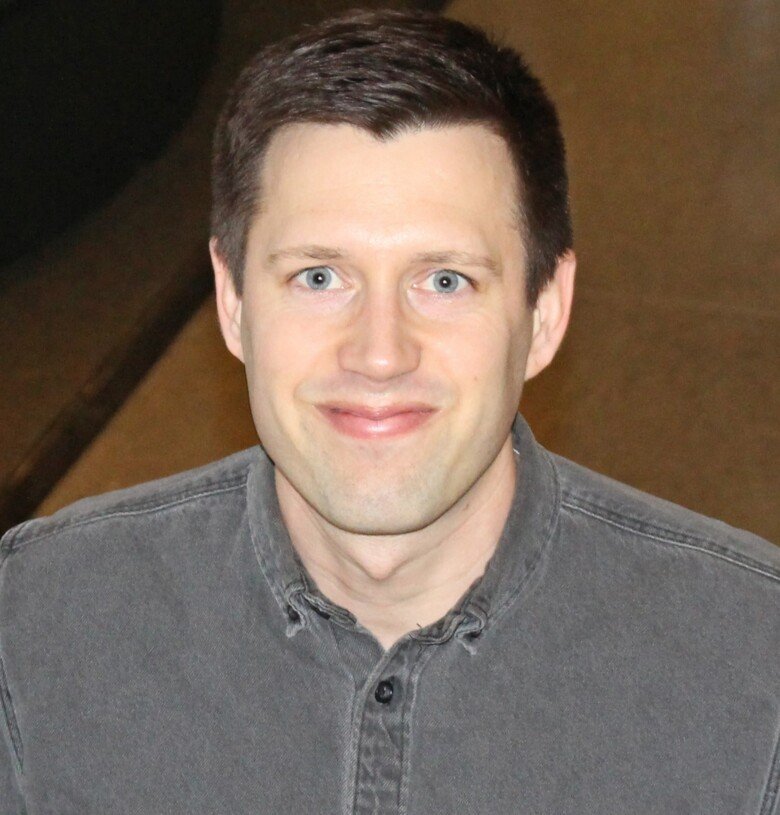New thesis about care transitions after stroke
Hi Sebastian Lindblom, PhD student at the Division of Physiotherapy! On January 8 you will defend your thesis “Understanding the links : the exploration of care transitions between hospital and continued rehabilitation in the home after stroke”. What’s the main focus of the thesis?

My thesis focuses on care transitions from hospital to continued rehabilitation in the home home from the perspective of people with stroke, significant others and healthcare professionals. I have also explored how participation manifests itself in a co-design process involving patients, significant others and healthcare professionals.
Which are the most important results?
We found that there was a large variation in healthcare utilization both in terms of rehabilitation and other healthcare after discharge from hospital, which, seemed to correspond to the level of functioning and severity of stroke. The perceived quality of the care transitions indicated that there is room for improvements in the discharge process, especially regarding preparation for discharge and support for self-management post-discharge.
Patients and significant others described the care transition as a sudden transformation from a passive attendant at the hospital with lack of involvement and dialogue about their care and rehabilitation to being discharged to the home without support and preparation and being solely responsible for managing their health. The lack of participation in their care led to concerns and lack of control over their situation. There was a great need for improved dialogue between patients and healthcare professionals regarding the current state of health, processes and procedures within the healthcare system and support in self-management after discharge.
The care transition involved several parallel processes that needed to be synthesized and coordinated for professionals to make holistic decisions based on the individual's needs. All involved actors, both within organizations and between organizations, need to coordinate their actions to provide well-functioning care transitions. A prerequisite for succeeding in creating a well-functioning care transition was the need for dialogue within and between providers to gain a shared understanding of the care trajectory, and how the own part of the process relates to and affects other parts.
Further, we found that participation in a co-design process cannot be taken for granted; instead, conditions must be continuously adapted and reflected on in order for participants to be able to contribute with their unique knowledge and experience.
How can this new knowledge contribute to the improvement of people’s health?
The thesis increases the understanding of how care transitions from hospital to continued rehabilitation in the home can be conducted and adapted based on the actual needs of the individual. This can hopefully lead to more coordinated transitions and support to achieve the best possible health and wellbeing after a stroke. Furthermore, the results have laid the foundation for the development of an intervention that will be tested and evaluated in a clinical context.
What's in the future for you? Will you keep on conducting research?
In the near future, I will continue to work on the development, testing and evaluation of the new intervention. In a longer perspective, I hope to be able to continue with research within the field of in integrated and person-centred care.
